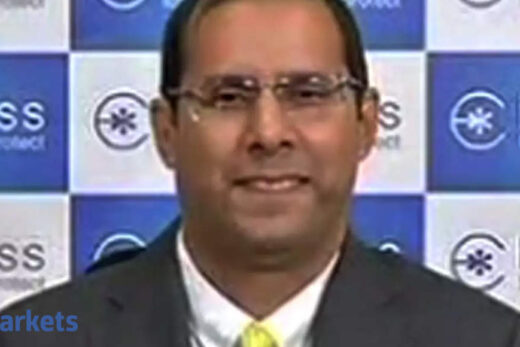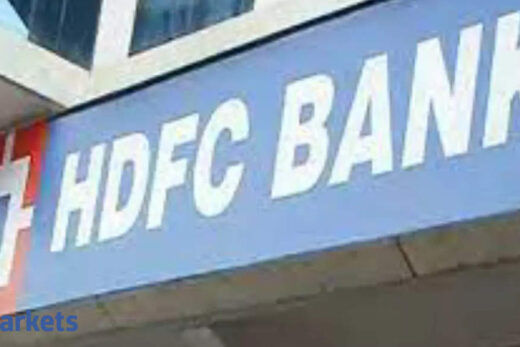While Rs 806 crore of operational revenue came from India, revenue of Rs 31 crore was logged from the UAE, and the balance from other markets.
Zomato said its adjusted revenue — which is a combination of revenue from operations and customer delivery charges — increased 26% to Rs 1,160 crore in the June quarter, compared to around Rs 920 crore in the March quarter.
“Revenue growth was largely on the back of growth in our core food delivery business, which continued to grow despite the severe Covid-19 wave starting April,” said cofounder and chief executive Deepinder Goyal in the company’s filings to the Bombay Stock Exchange.
Zomato said the increase in losses is due “largely on account of non-cash Esop (employee stock ownership plan) expenses, which have increased meaningfully in Q1 of FY22 due to significant Esop grants made… pursuant to creation of a new Esop 2021 scheme.’
The Gurgaon-based company, which
listed successfully on the BSE last month, reported total losses of Rs 134 crore in the March quarter, with revenue at Rs 692 crore. In the June quarter, it earned revenue of Rs 266 crore, with losses of nearly Rs 100 crore.
 ETtech
ETtechZomato’s market capitalisation stood at a little over Rs 98,000 crore as of Tuesday, as the stock closed at Rs 124.95, down by more than 4%.
Spike In Orders
The company said the domestic food delivery business reported the highest ever gross order value (GOV) in the quarter under review, increasing by 37% to around Rs 4,538 crore, compared to Rs 3,315 crore in the previous quarter.
Two updates – 1 – Last week, we delivered our billionth order on @zomato 2 – We just published our first quarterl… https://t.co/gQlV9ZqhRa
— Deepinder Goyal (@deepigoyal) 1628607135000
GOV is the total monetary value of all food delivery orders placed on Zomato India, including taxes, customer delivery charges, gross of all discounts, excluding tips.
Zomato said it has delivered 1 billion orders since it entered the business in 2015, with more than 100 million orders delivered in the past three months itself. “The fact that over 10% of these billion orders were delivered only in the last three months makes us confident about getting to the next billion much sooner,” Goyal stated.
Beyond its core business, Zomato also saw its losses widening in the business-to-business (B2B) supplies segment for restaurant partners, Hyperpure, “due to investment in growth,” while revenue from dining out continued to decline.
Also Read:
Focus on growth, building long-term business, says Zomato’s cofounder Deepinder Goyal
Delivery Partners
Goyal said the company has taken a host of initiatives to increase earnings and improve working conditions of its delivery partners. This announcement comes amid Zomato facing increased scrutiny and pressure on social media from food delivery partners in recent days.
“Last year, we ranked at the bottom of a gig economy worker survey conducted by an independent third party. We acknowledged there was a lot we needed to do and we fast-tracked a number of initiatives in the pipeline to improve the work environment for our delivery partners,” he said.
The company claims the revised payout structure has guaranteed a 15% increase in earnings per order, compared to a year ago. Goyal said the top 20% of those who deliver on bikes and put in more than 40 hours a week receive a payout of more than Rs 27,000 in a month. “Perhaps, the reason why our delivery partners work with us is because they see higher earnings potential compared to other jobs/gigs available to them at the moment,” Goyal said.
Both Swiggy and Zomato have been
facing criticism from a section of delivery partners over poor pay and other operational practices.
In his first media interaction after the IPO, Goyal had
touched upon the issue of dissent. “If two lakh people were unhappy with us, then why would they be working with us? They are the backbone of our business,” he told ET earlier this month.



